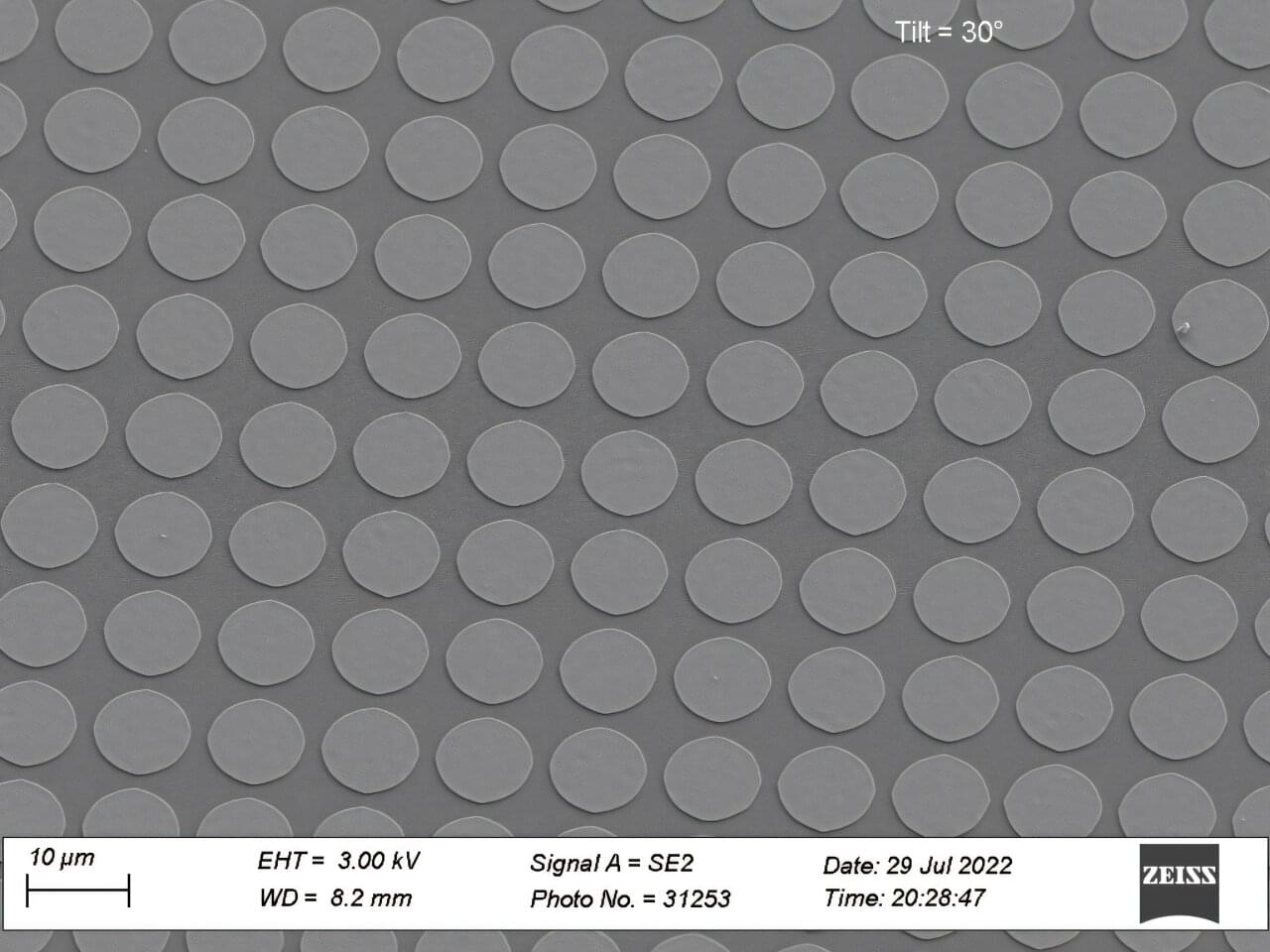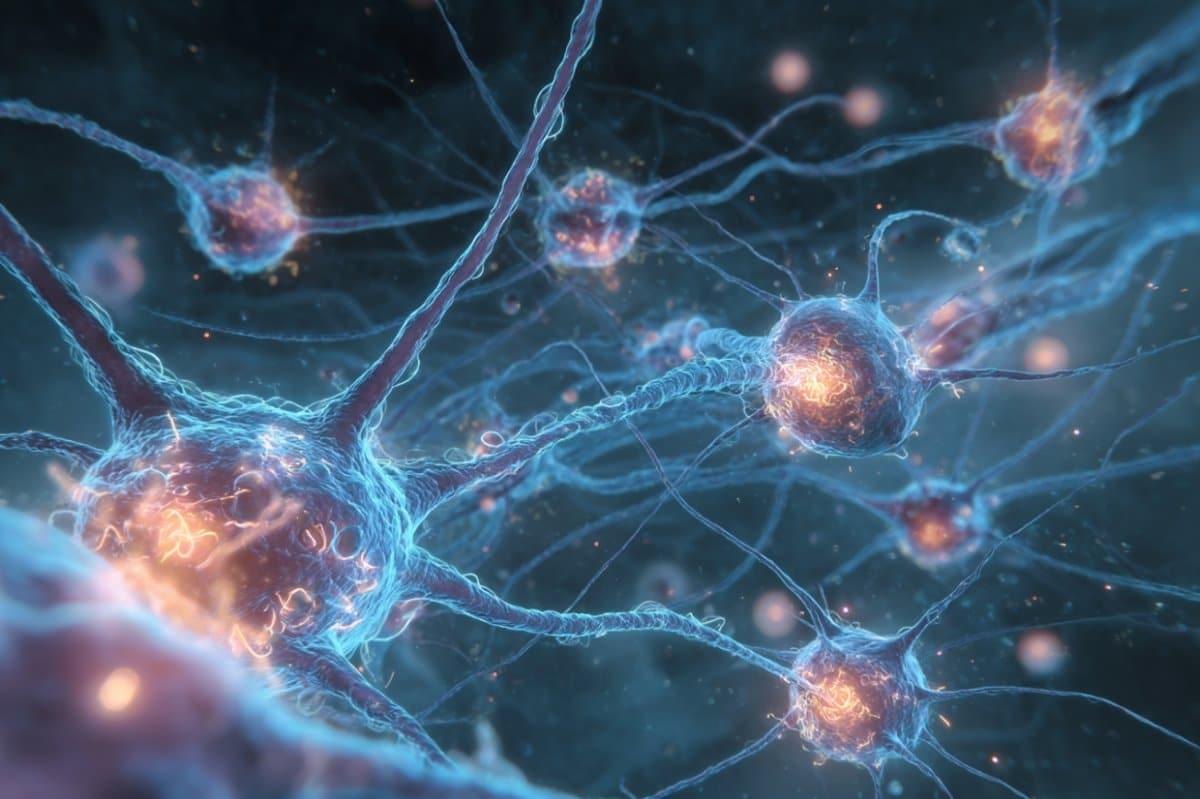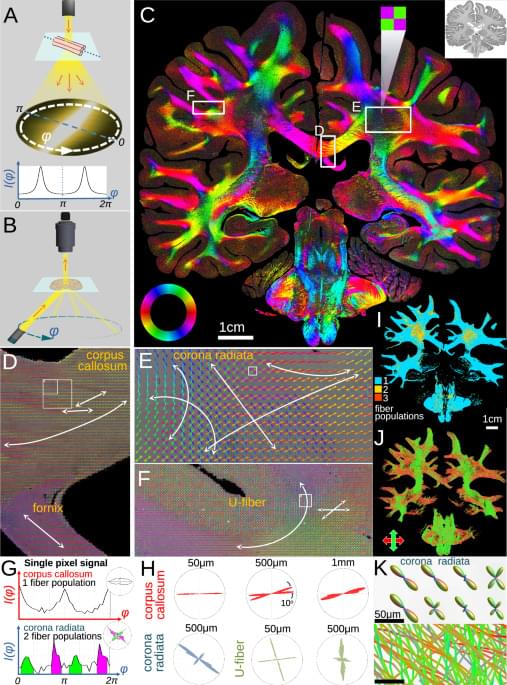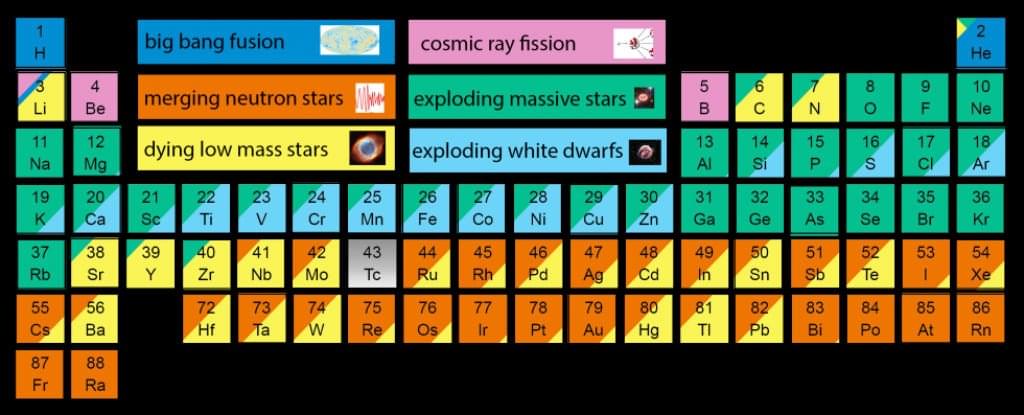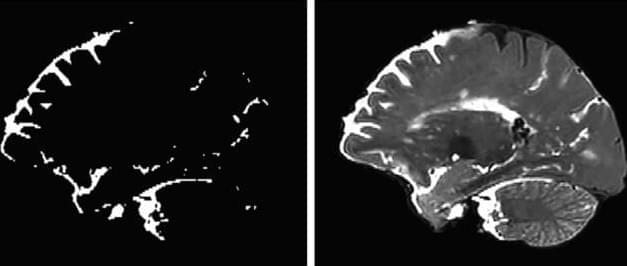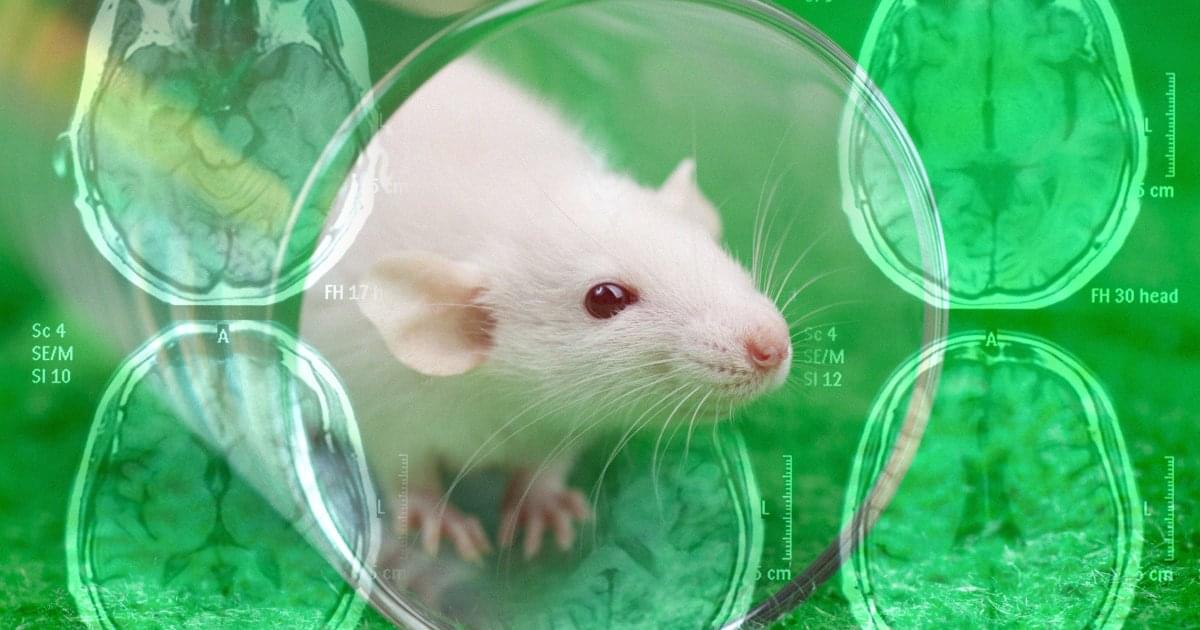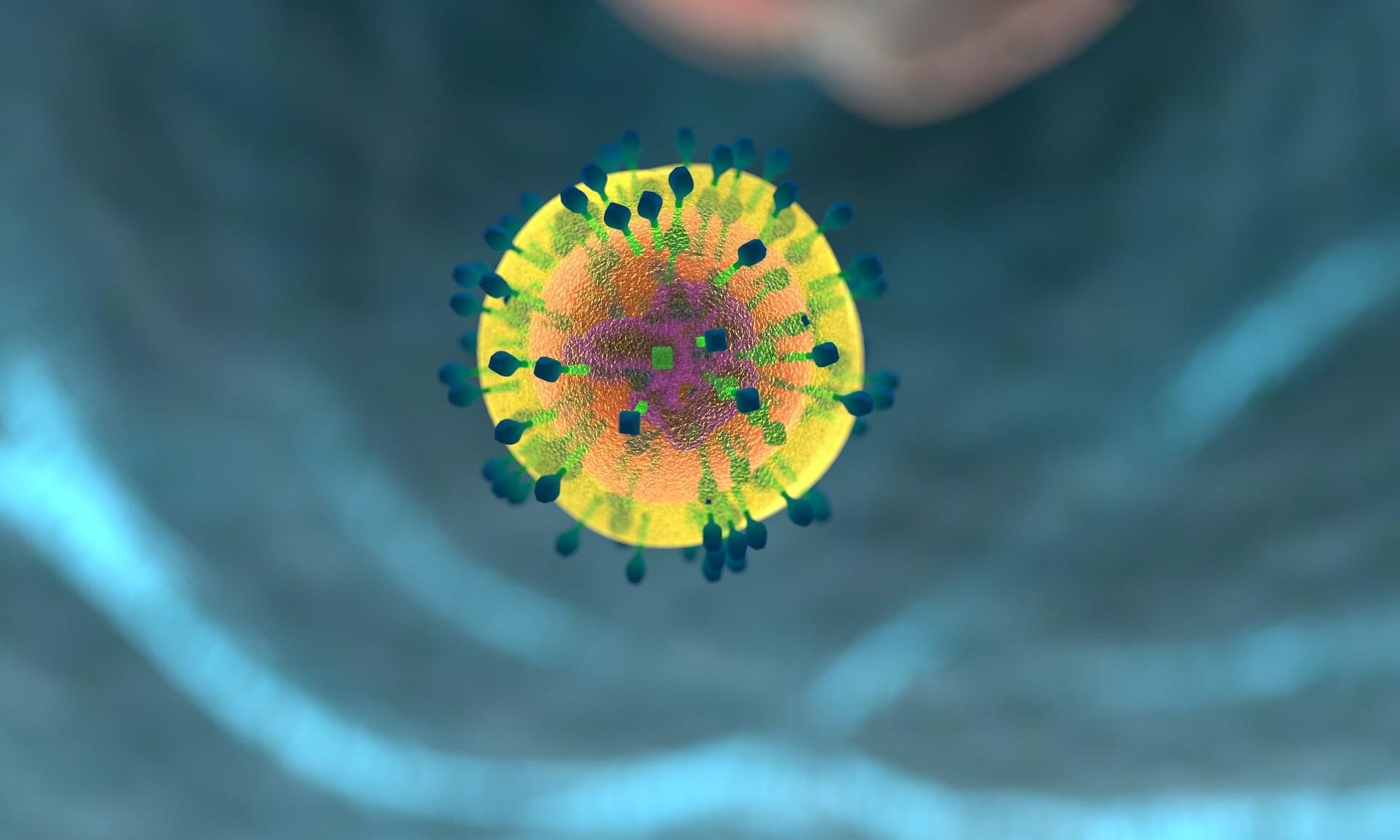What if clinicians could place tiny electronic chips in the brain that electrically stimulate a precise target, through a simple injection in the arm? This may someday help treat deadly or debilitating brain diseases, while eliminating surgery-related risks and costs.
MIT researchers have taken a major step toward making this scenario a reality. They developed microscopic, wireless bioelectronics that could travel through the body’s circulatory system and autonomously self-implant in a target region of the brain, where they would provide focused treatment.
In a study on mice, the researchers showed that after injection, these minuscule implants can identify and travel to a specific brain region without the need for human guidance. Once there, they can be wirelessly powered to provide electrical stimulation to the precise area. Such stimulation, known as neuromodulation, has shown promise as a way to treat brain tumors and diseases like Alzheimer’s and multiple sclerosis.
